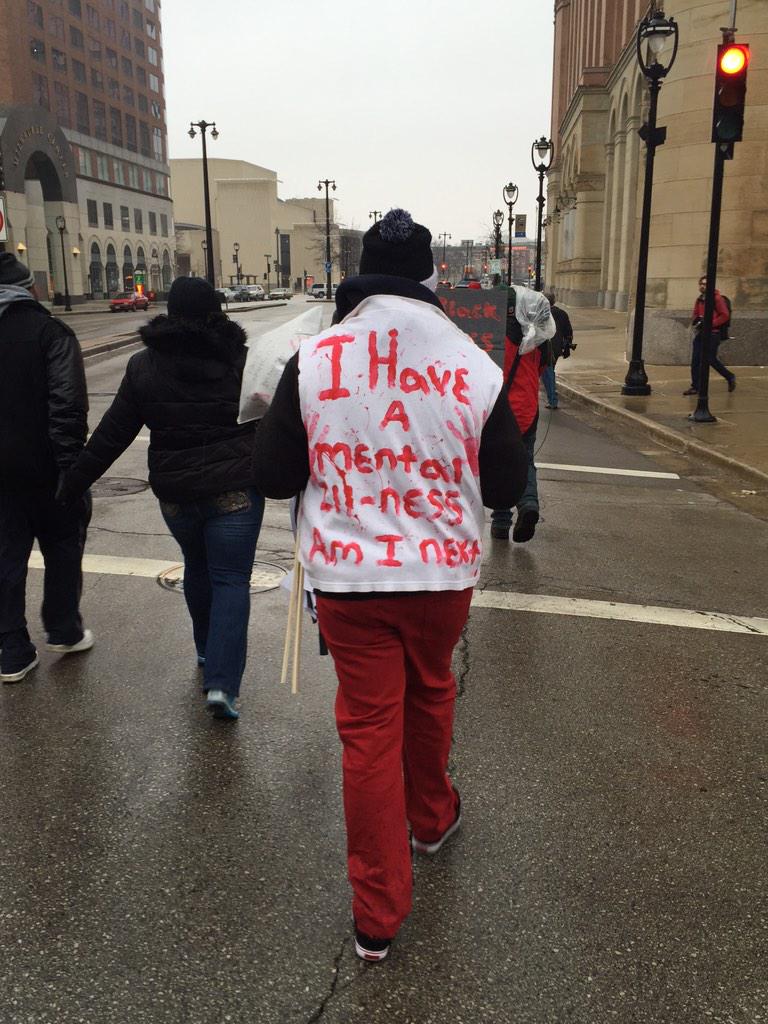In 2013, my highest monthly viewership was about 17,000. In 2014, I had 4000 in February, 40000 in March, 17000 in April, between 25000-30000 every month since. The Daniel Handler story drew an extra 20000+ views to the blog in the first few days after I posted it (this post has 23000 views now). I say views instead of readers because at least some of y'all read me regularly, for which I am both humbled and grateful. It's the regular readers that push me to keep writing and to try and get better.
Here are some posts from 2014 that I especially like and that you might have missed.
Guest Posts - I had three guest posts this year. I have no guest post policy and turn down about 99% of requests for guest posts (most of which are commercial in nature). But every so often, something special comes along:
- Nancy McCrea Iannone: Keep Abortion Politics out of the Pro-Information Movement (I wrote a followup blog here - On being pro-choice, pro-information, and anti-eugenics).
- Ellen Arnold: The Human Scale: What we miss when we compare disasters like Ebola and the Black Death
- Amy McNally: What do you do when someone tells you they are thinking about suicide?
Disability: Discourse, Representation, Violence
- Hidden Disabilities - Or; You have no idea what you are seeing. I respond to some critical reader mail on my Kanye West piece and talk about accessible parking and why it seems to always be first on people's mind.
- The "Pencil Test" for people in wheelchairs - Florida cop throws a person in a wheelchair to the ground to see if they can get up, testing if they are really disabled.
- Trigger Warnings and This American Life - In which David Sedaris uses the "r-word" repeatedly to get a few cruel laughs.
- Cute is not enough - World Down Syndrome Day, 3/21/14. Why and how I'm playing "the long game."
- After Elliot Rodgers went on his killing spree, I responded to the debates about race, mental health, misogyny, and other categories by suggesting interectionality as the pathway through these debates: I call it "fighting the shrug."
- A piece in which I argue that "the last acceptable prejudice" is not a helpful way to elevate your cause above others, whatever that cause may be.
- I talk about the consequences of Hyperscribal Society. What does it mean that we're all writing so much so much of the time?
- I get asked a lot about whether starting a blog is a good way to get noticed as a writer. I have no idea. But I do have advice for readers - share from the bottom up. It's great to share the latest brilliant utterances of Famous Writer, but it's better to share the brilliant utterances of the person who isn't famous yet.
None of these hit my top-10 blogs for the year, but all of them I think deserve another look.
Thanks for reading!



